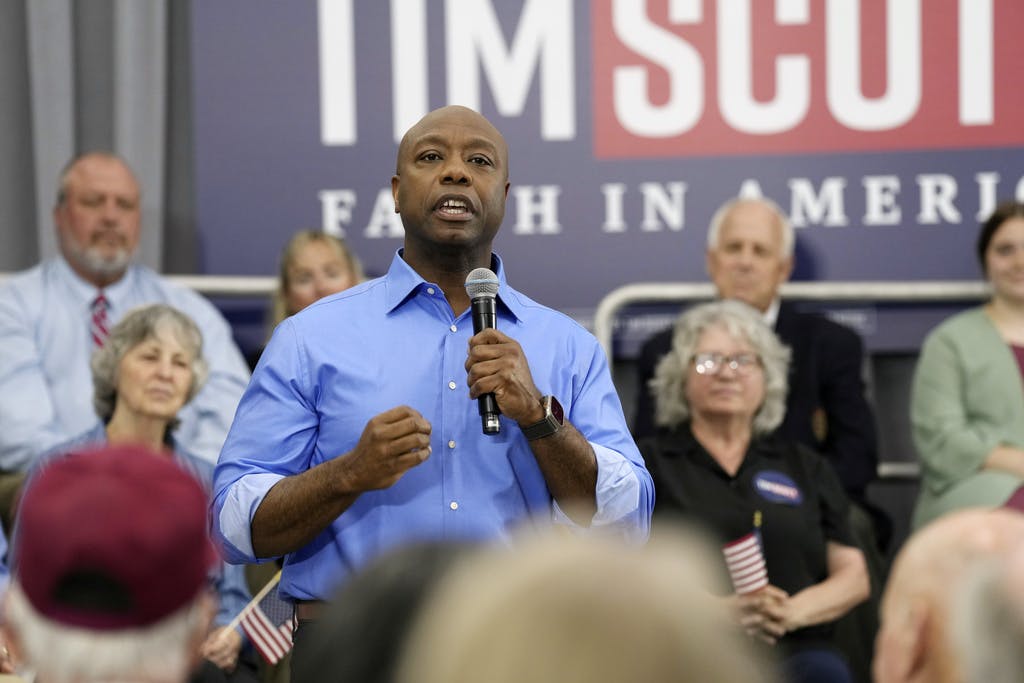
Fani Willis Comes Under Fire as Georgia’s GOP Lawmakers Plan Sweeping Restrictions Following Her Failed Prosecution of Trump
By A.R. HOFFMAN
|Candidates like the Republican senator of South Carolina are positioning themselves to be a choice for primary voters if the current frontrunners’ campaigns run aground, one analyst says.

Already have a subscription? Sign in to continue reading

By A.R. HOFFMAN
|
By LUKE FUNK
|
$0.01/day for 60 days
Cancel anytime
By continuing you agree to our Privacy Policy and Terms of Service.
By NOVI ZHUKOVSKY